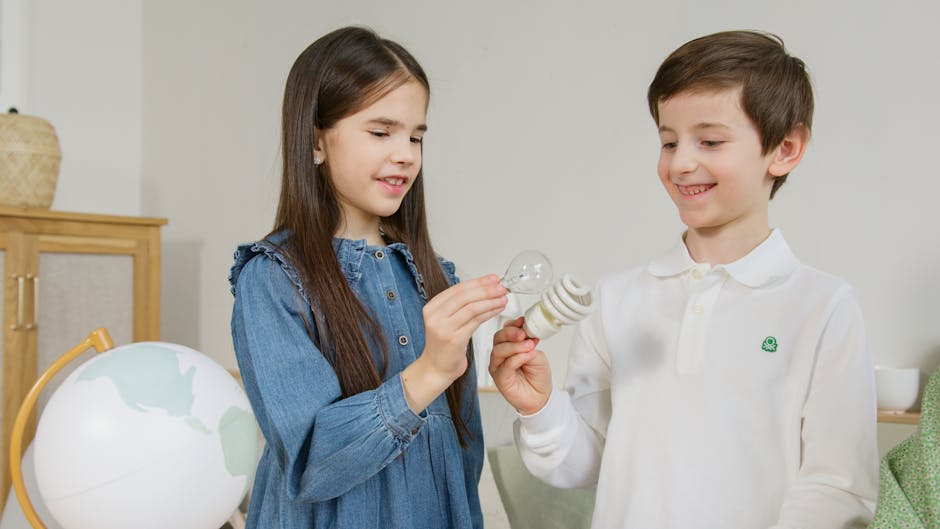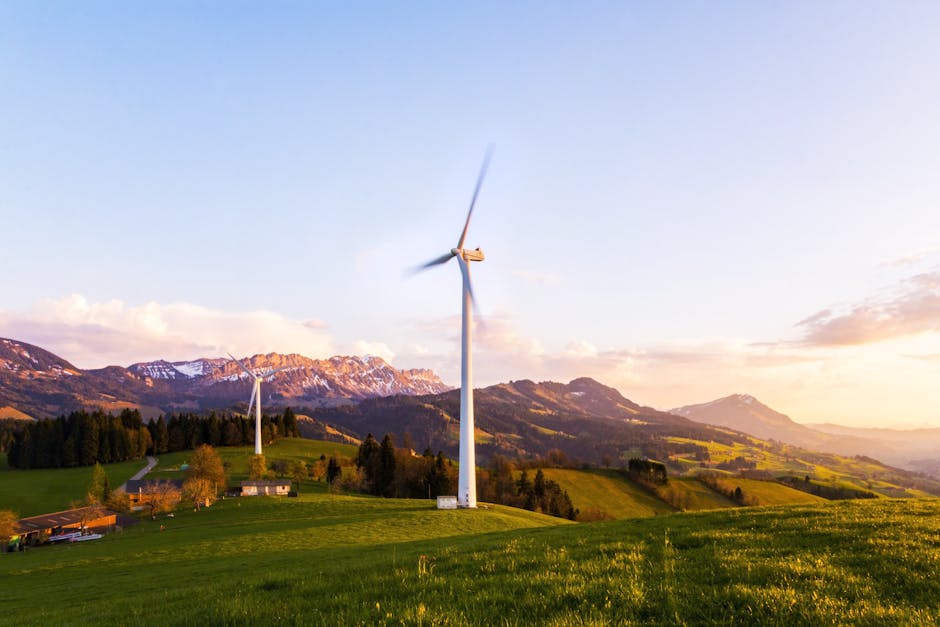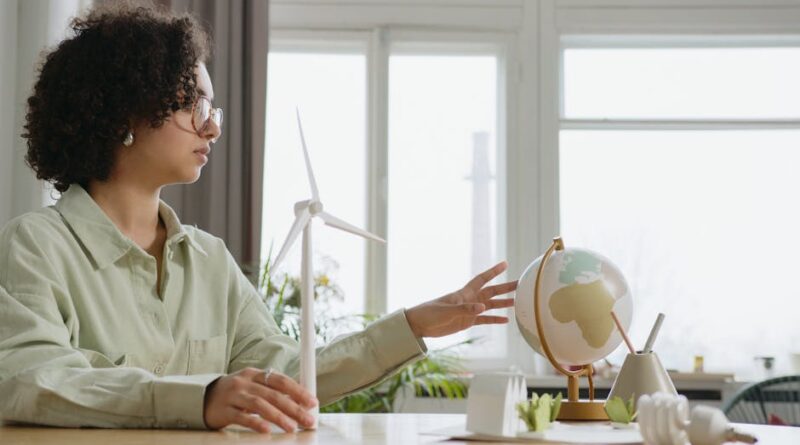How to Educate Others on Renewable Energy
Did you know that around 80% of the world’s energy still comes from fossil fuels? This statistic highlights the urgent need for change. Educating others about renewable energy can help shift this balance. But how do you get started? Lets dive into effective ways to share knowledge about renewable energy.
Why is Renewable Energy Important?

Renewable energy comes from sources that can be replenished naturally, like sunlight, wind, and water. Unlike fossil fuels, these sources can be used without depleting them. This is crucial because:
- They reduce greenhouse gas emissions, which contribute to climate change.
- They promote energy independence by using local resources.
- They can create jobs in new energy sectors.
Understanding these benefits is key. When you share this information, it helps others see the value in renewable energy.
How Can You Start Educating Others?

Begin with the basics. Share simple facts about renewable energy sources. Use everyday language that everyone can understand. Here are some effective methods:
- Use Relatable Examples: Compare solar panels to a sponge soaking up sunlight. it’s an easy way to explain how they work.
- Share Personal Stories: Talk about how you switched to renewable energy. Personal experiences can inspire others.
- Utilize Visual Aids: Charts and images can make complex information easier to digest.
What Are the Best Resources to Use?

Many resources are available to help you teach others about renewable energy. Here are some great options:
- Books: Look for beginner-friendly books on renewable energy. They often break down complex topics.
- Websites: Check out sites like the U.S. Department of Energy or the International Renewable Energy Agency. They provide reliable, up-to-date information.
- Videos: Platforms like YouTube have countless educational videos. Visual content can make learning fun.
Make sure to vet the sources you choose. Reliable information is crucial for effective education.
What Are the Common Misconceptions?

Many people have misconceptions about renewable energy. Addressing these can help clear up confusion:
- Myth: Renewable energy is too expensive. The truth is that costs have dropped significantly. Solar energy, for example, has become much more affordable.
- Myth: Renewable energy can’t provide enough power. In fact, renewable sources can meet a large portion of energy needs if used wisely.
- Myth: It’s not reliable. With advancements in technology and storage, renewable energy can be as reliable as traditional sources.
Use statistics and real-life examples to debunk these myths. This strengthens your message and builds trust.
How Can You Make Learning Interactive?
Engagement is key in education. Here are ways to make your lessons about renewable energy interactive:
- Workshops: Host hands-on workshops where participants can build simple solar ovens or wind turbines.
- Group Discussions: Encourage open discussions. Ask questions that prompt critical thinking, like “What are your thoughts on solar energy?”
- Field Trips: Organize visits to local renewable energy facilities. Seeing technology in action can be very inspiring.
Interactive experiences foster greater understanding and retention of information.
How Can You Leverage Social Media?
Social media is a powerful tool for spreading awareness. Heres how to use it effectively:
- Share Articles: Post articles about renewable energy breakthroughs or innovations.
- Use Hashtags: Use popular hashtags like #RenewableEnergy or #GoGreen to reach a wider audience.
- Engage with Followers: Start conversations about renewable energy topics. Ask for opinions or experiences.
By consistently sharing valuable content, you can build a community interested in renewable energy.
What Role Can Schools Play?
Schools are a great place to start educating the next generation. Here are some ideas:
- Curriculum Integration: Push for the inclusion of renewable energy topics in science classes.
- Eco-Clubs: Encourage students to form clubs focused on environmental issues, including renewable energy.
- Guest Speakers: Invite experts in the field to speak to students. Real-world insights can inspire young minds.
By targeting education systems, you can reach many people at once. Schools can be hubs of renewable energy knowledge.
What Are Some Actionable Takeaways?
Ready to start educating others on renewable energy? Here are some simple action steps:
- Start small. Share one fact about renewable energy with friends or family this week.
- Join a local environmental group to learn more and get involved.
- Keep learning! Stay updated on renewable energy developments and share that knowledge.
Every small action counts. Your efforts can spark change.
Conclusion: The Power of Education
Educating others about renewable energy is vital for a sustainable future. By sharing knowledge, you can help shift perspectives and encourage action. Remember to use relatable examples, address misconceptions, and make learning fun and interactive. Together, we can promote a cleaner, greener planet.
For more in-depth information, check out the U.S. Department of Energys renewable energy resources. Let’s start the conversation today!


